Pre-workout nutrition: What fuels explosive power without the crash?
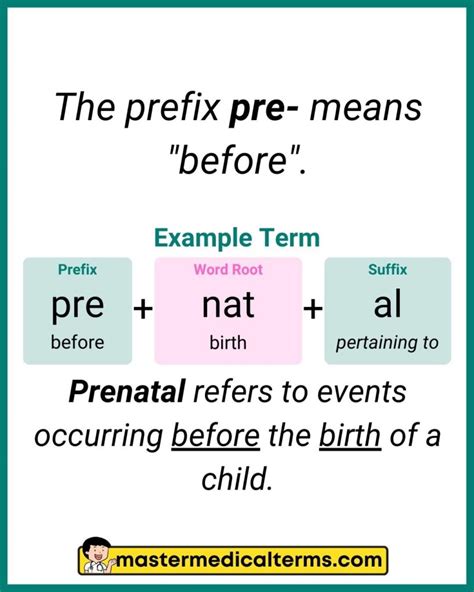
The Science of Pre-Workout Fueling
To truly maximize your workouts and achieve peak performance, what you consume before hitting the gym is just as critical as the workout itself. The right pre-workout nutrition strategy can mean the difference between an explosive, high-energy session and a sluggish, crash-prone effort. It’s about providing your body with the necessary fuel to perform optimally, repair muscle, and sustain energy levels without the dreaded mid-session slump.
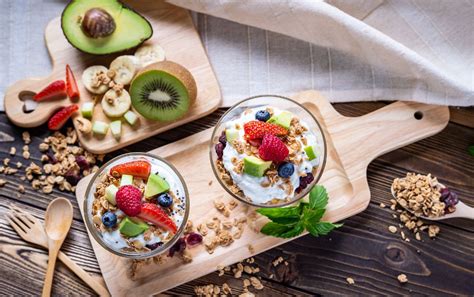
Macronutrients: The Power Trio
Your pre-workout meal or snack should be a strategic blend of macronutrients, each playing a vital role:
-
Carbohydrates: Your Primary Energy Source
Carbs are stored as glycogen in your muscles and liver, providing the main fuel for high-intensity exercise. Opt for complex carbohydrates (oats, whole-grain bread, sweet potatoes) for sustained energy release, especially if you’re eating 2-3 hours beforehand. Closer to your workout (30-60 minutes), easily digestible simple carbohydrates (fruit, a small amount of honey) can offer a quick energy boost without taxing your digestive system. -
Protein: Muscle Protection and Repair
While not a primary energy source during exercise, protein before a workout helps prevent muscle breakdown and aids in recovery. It also contributes to satiety, helping you feel full and focused. Lean protein sources like chicken breast, Greek yogurt, or a protein shake are excellent choices. -
Healthy Fats: Sustained Energy (with caution)
Fats provide a more concentrated, slower-burning energy source. While beneficial for overall health and endurance activities, they slow down digestion. For explosive power and shorter, intense workouts, limit high-fat foods immediately before exercise to avoid gastrointestinal discomfort and ensure quicker nutrient absorption. Small amounts of healthy fats (e.g., a few almonds) can be included in meals consumed 2-3 hours out.
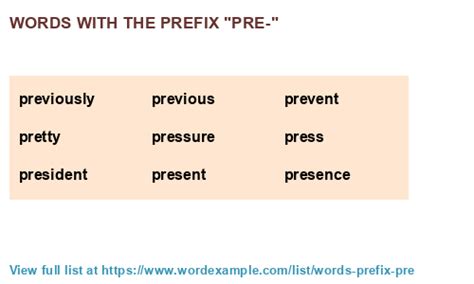
Timing is Everything
When you eat is almost as important as what you eat. Here’s a general guideline:
-
2-3 Hours Before: A Full Meal
If you have enough time, a balanced meal containing complex carbohydrates, lean protein, and a small amount of healthy fats is ideal. This allows for proper digestion and nutrient absorption, ensuring your glycogen stores are topped up and your muscles are primed. -
30-60 Minutes Before: A Light Snack
If time is short, opt for an easily digestible snack primarily focused on carbohydrates and a little protein. Think a banana with a spoonful of peanut butter, a handful of berries, or a small rice cake. The goal here is a quick energy top-up without upsetting your stomach.
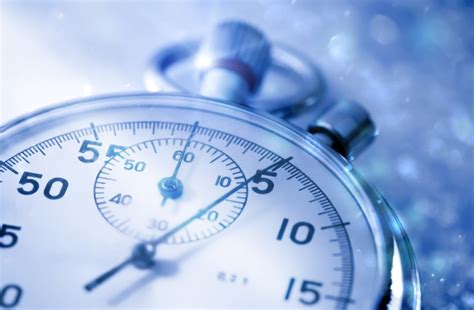
Hydration: The Unsung Hero
Don’t overlook the importance of hydration. Dehydration, even mild, can significantly impair performance, reduce strength, and accelerate fatigue. Start hydrating well before your workout. Drink water consistently throughout the day, and aim for 16-20 ounces of water about 2-3 hours before exercise, followed by 8-10 ounces 30 minutes prior. For longer or more intense sessions, consider an electrolyte-rich beverage.
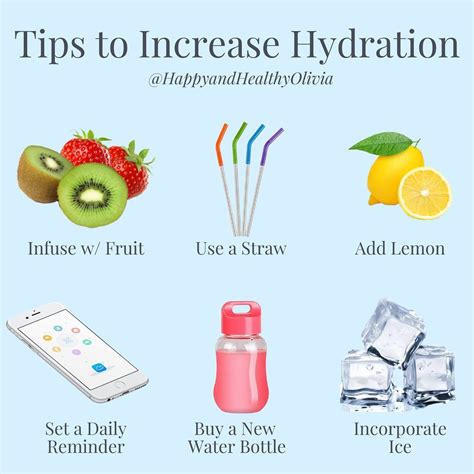
Avoiding the Crash: Strategic Choices
The key to explosive power without the crash lies in sustained energy. This means:
- Prioritize Complex Carbs: These release glucose slowly, preventing sharp spikes and subsequent drops in blood sugar that lead to fatigue.
- Balance with Protein and Fiber: Protein and fiber also slow down digestion, contributing to a more gradual energy release.
- Mind High-Sugar, Low-Nutrient Foods: While a quick sugar hit might feel good initially, it often leads to a rapid energy crash. Save these for post-workout recovery if needed, or use them very sparingly right before a short, intense burst of activity.
- Listen to Your Body: Everyone’s digestive system is different. Experiment with various foods and timings to find what works best for you and your specific workout intensity and duration.
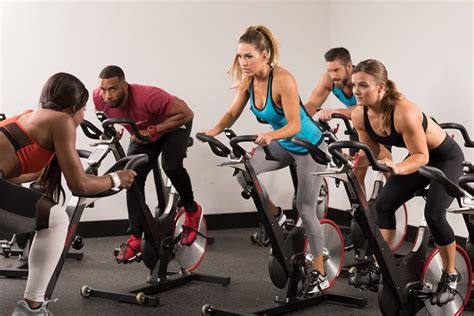
Conclusion
Pre-workout nutrition is a powerful tool in your athletic arsenal. By strategically fueling your body with the right balance of carbohydrates, protein, and adequate hydration, you can unlock greater explosive power, enhance endurance, and avoid the dreaded energy crash. It’s not just about eating; it’s about intelligent, performance-driven nutrition that sets you up for success, ensuring every rep and every set counts towards your fitness goals.








